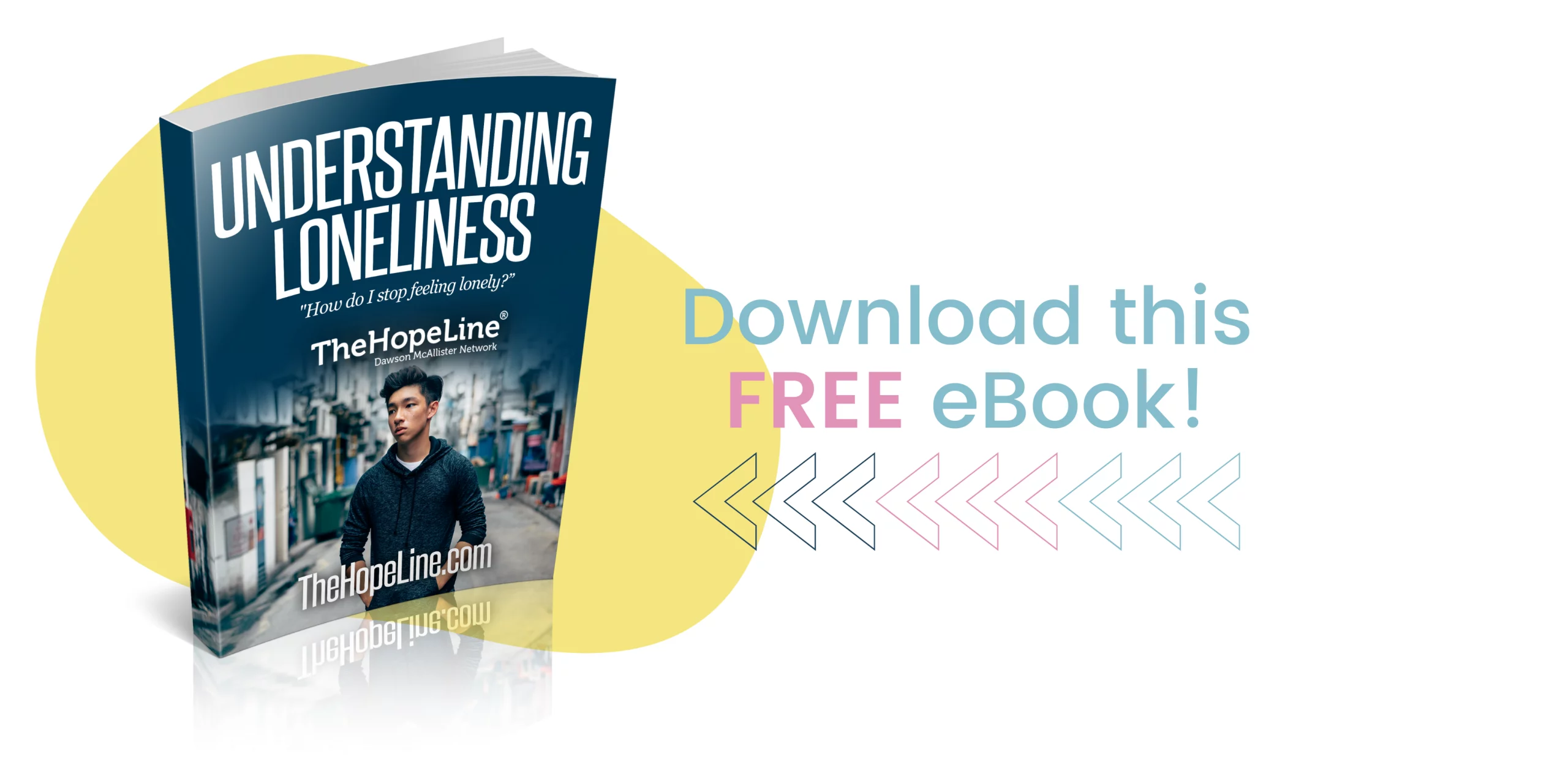It's Important to Feel Connected
Whether you are isolated due to illness, separated from the people you care about due to a move for work or school, or protecting yourself and others through social distancing, time apart is hard to get through.
Isolation can negatively impact your mental health in a number of ways. But being aware of that is a great first step to getting the help and support you need to feel more connected in your friendships and relationships. Here are some of the ways I’ve seen isolation affect mental health, and what I’ve noticed brings some healing.
Depression
It’s natural to feel down when you have to spend time away from people you care about. But the longer that time stretches on, the more likely it is to go from a tough time or a bad week to depression. How do you know? If your feelings of sadness are so overwhelming that it’s hard for you to get out of bed, to take care of yourself, or to fulfill your responsibilities, you may be living with untreated depression.
Depression can also play a role in the loss of interest in things you once loved to do. It’s important to talk to someone if you think you’re living with depression, since leaving it untreated could make the feelings of loneliness that come with isolation worse.
Anxiety
Spending a bit of time each day “alone with our thoughts” can be good. It can help us think about things in a new way and can give us a sense of clarity about life. But if I spend too much time in isolation, those thoughts can turn anxious. Anxiety often happens as a result of isolation because we feel like we can do nothing but worry. If the people we’re separated from are struggling or sad, we become more anxious about not being able to help them.
But don’t forget you can help them by reaching out, offering encouragement, and listening. And, when you talk about your anxiety with a counselor or mentor who can help you work through it, you’re freer to be a help and support from afar to your friends and loved ones.
Fear and Uncertainty
Fear and uncertainty often come with isolation if we don’t know how long the cause of our isolation will last. On top of that, we might be worried that our isolation will go on indefinitely, and that our struggles with fear, uncertainty, and other tough emotions will get much worse.
When it feels like those feelings are starting to take control, I find it helpful to check in with others. Helping others and offering a listening ear is one of the ways we can “get out of our own heads” for a while. It gives us perspective and helps us feel surer that we are loved and valued.
Giving into False Beliefs
Sometimes we are prone to feeling bad about ourselves when we spend all our time alone. We can start to believe false things about ourselves; that no one cares that we don’t matter, that things will never change, and so on. In those moments, remembering what we are grateful for can bring us back to the truths about our lives and ourselves that are kinder and more caring. It can also remind us how much God loves us, and that because of that love, we are never truly alone, even when we have to spend time apart.
Not Seeking Help
The loneliness you may be experiencing in your isolation could make you feel like you’re the only one in your situation and going through your particular pain. While everyone’s pain is unique, no one has to go through their struggles alone. You don’t have to let the tough feelings that come with isolation keep you from getting help.
And you can start here. TheHopeLine offers mentoring to guide you through the ups and downs of mental health challenges. Talk to a Hope Coach today and start the journey toward feeling more connected to the people and things that matter to you.
Knowing how to feel better can be hard during a tough time, but it can help to practice gratitude. Find out how here.



